Platon on 'The Defenders' and Photographing Everyday Heroes

From left: Alina Diaz, human rights activist and advocate for undocumented farm workers, with Lidia Franco, Gisela Castillo, and Marilu Nava-Cervantes, farmworkers and activists. Credit - Platon
Platon proudly calls himself a cultural provocateur. While other mononymous artists like Bono or Madonna use music to provoke, Platon communicates through photography. Photographs, he argues, are only effective if they “make you stop in your tracks to think about the times we're living in”—they should “choke like mustard gas.” A professional photographer since the late '90s, Platon has consistently applied this approach to his work creating images of boldface names across every sector, including President Barack Obama, Serena Williams, Prince, Mark Zuckerberg, Muammar Gaddafi, and President Vladimir Putin. His images have appeared on more than 25 TIME magazine covers.
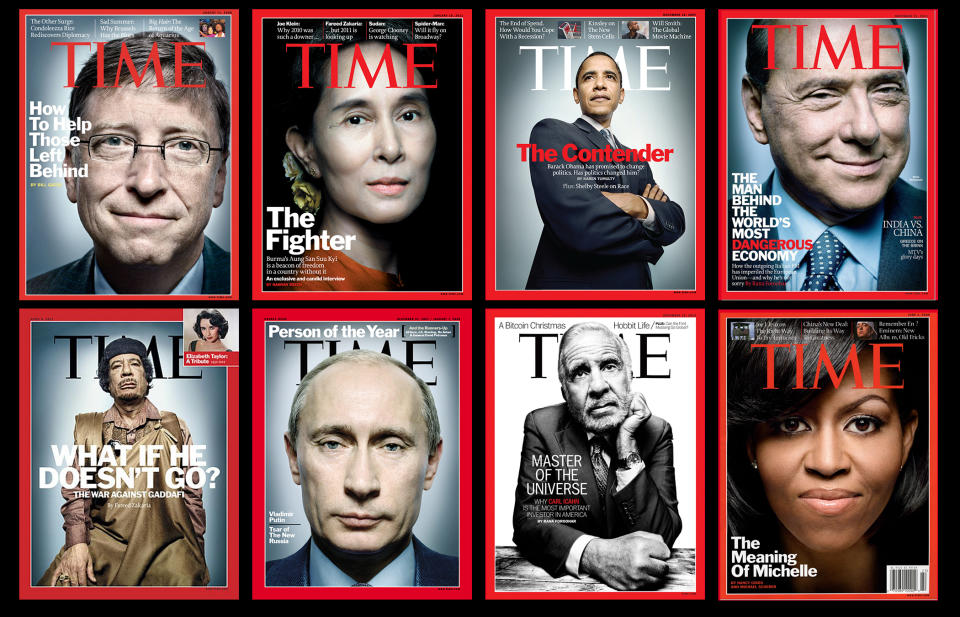
In 2010, an assignment came from Human Rights Watch that opened Platon’s eyes to another kind of story to tell. He was asked to travel to Burma (now Myanmar) to help bring awareness to the toll of the civil war by photographing everyday heroes. He would be paid nothing, he would have to leave his young family, and his life would be in danger. Even so, he took the job. When he arrived, Platon immediately felt out of his element. But understanding that the subjects were counting on him to take their photographs and share their stories gave him a sense of responsibility. He remembers thinking: “I'll roll up my sleeves, I'll get to work, and I'll photograph them the way I shoot TIME covers—powerful, in your face, unapologetically defiant.”
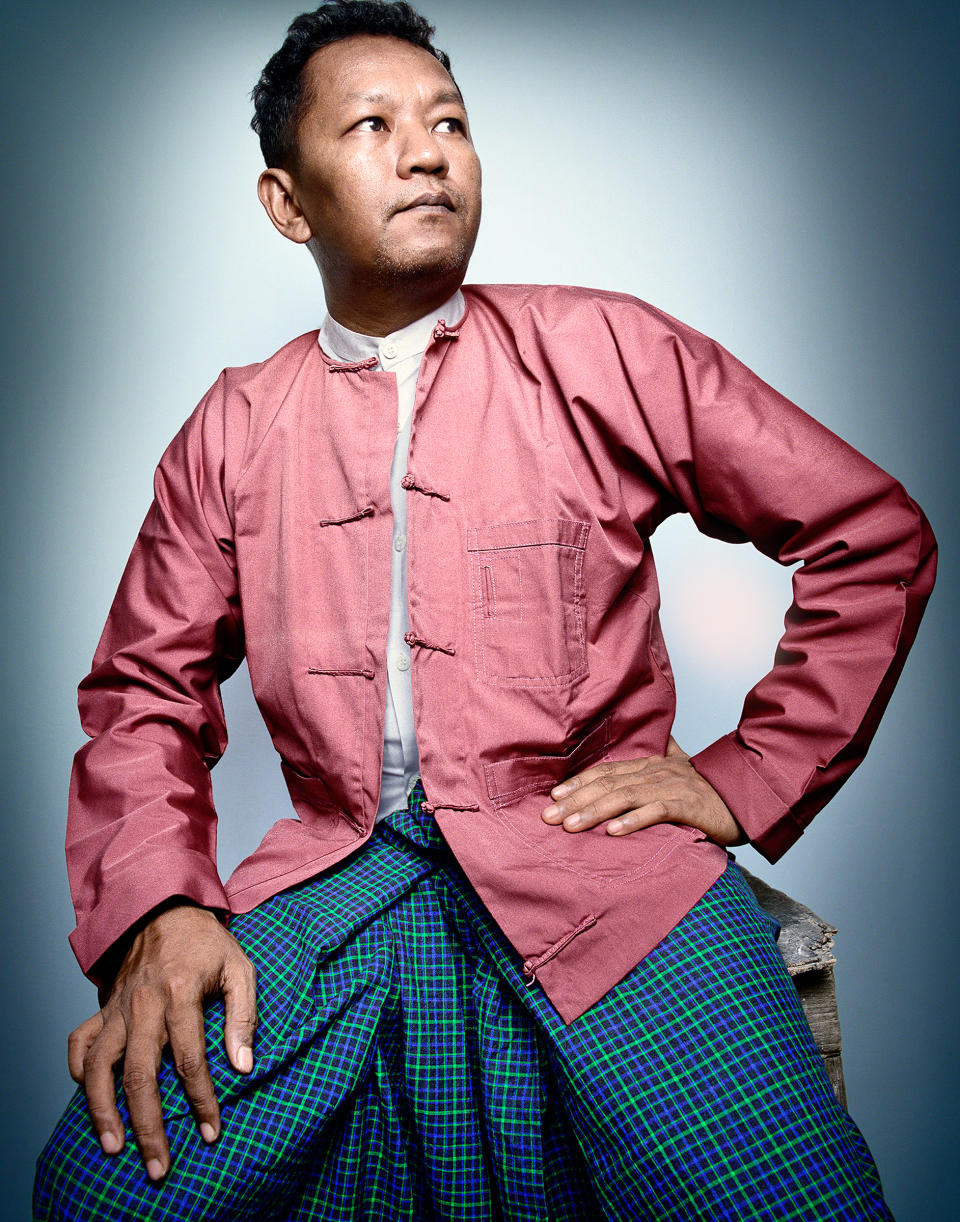
Throughout the process, Platon saw that his subjects projected many of the same qualities—courage, leadership, resilience—as the high-profile figures he was so used to shooting. He became motivated to show through his photographs that the term “powerful leader” does not exclusively apply to those with cultural or institutional power. The greatest trail blazers, he observed, are often ordinary people who rise up against the odds to fight for something bigger than themselves.
Platon’s new book, The Defenders: Heroes of the Fight for Global Human Rights, is a visual commemoration of powerful figures around the world. The book, weighing in at nearly 9.5 pounds and 560 pages, weaves together images of everyday and high-profile leaders. It encourages the viewer to embrace the definition of power in all its forms, with a focus on amplifying the voices of those fighting for a more just world. Platon’s hope is that the book will embolden and inspire the next generation of human rights activists. After all, he says, “Real power is not to be kept protected. It is to be shared.”
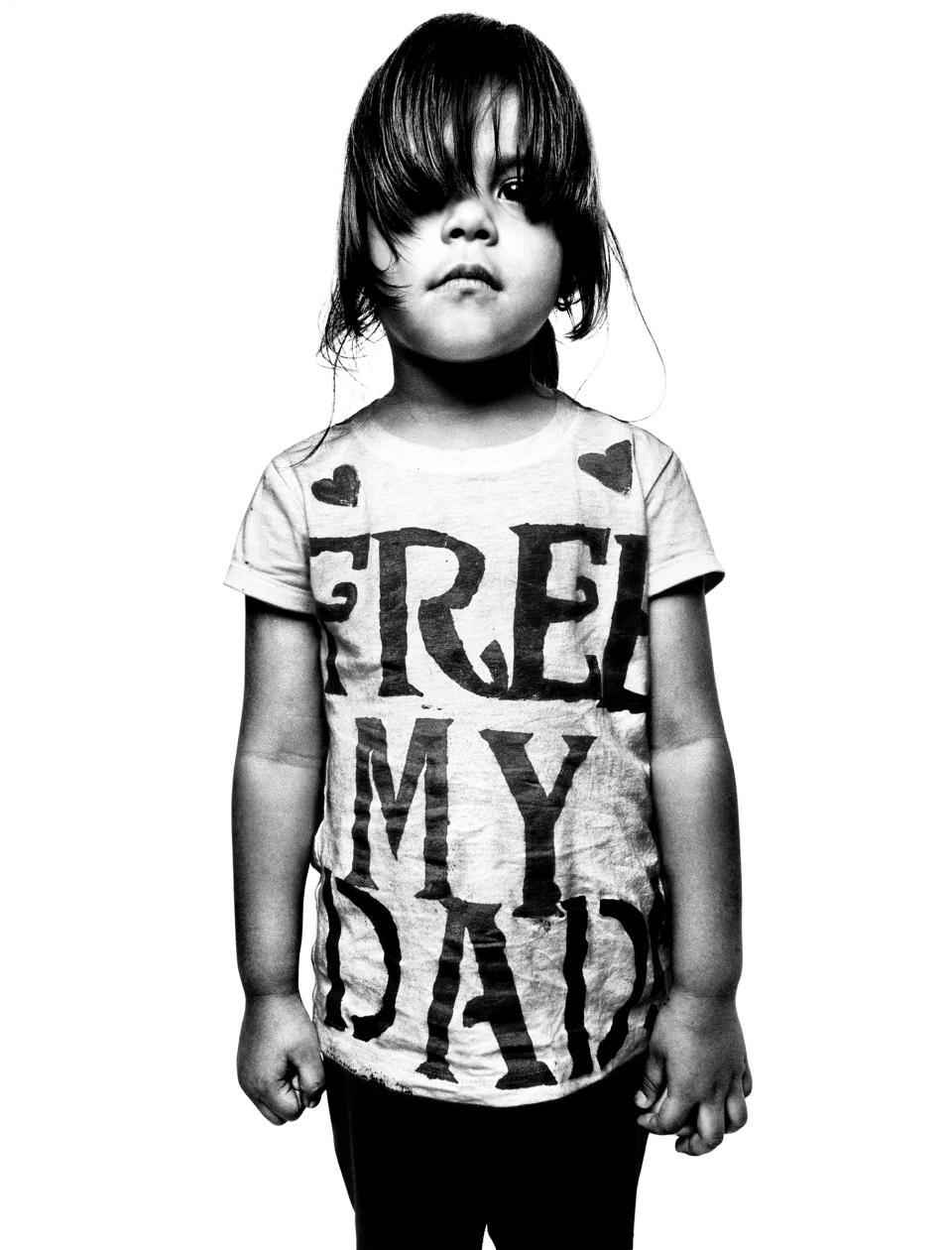
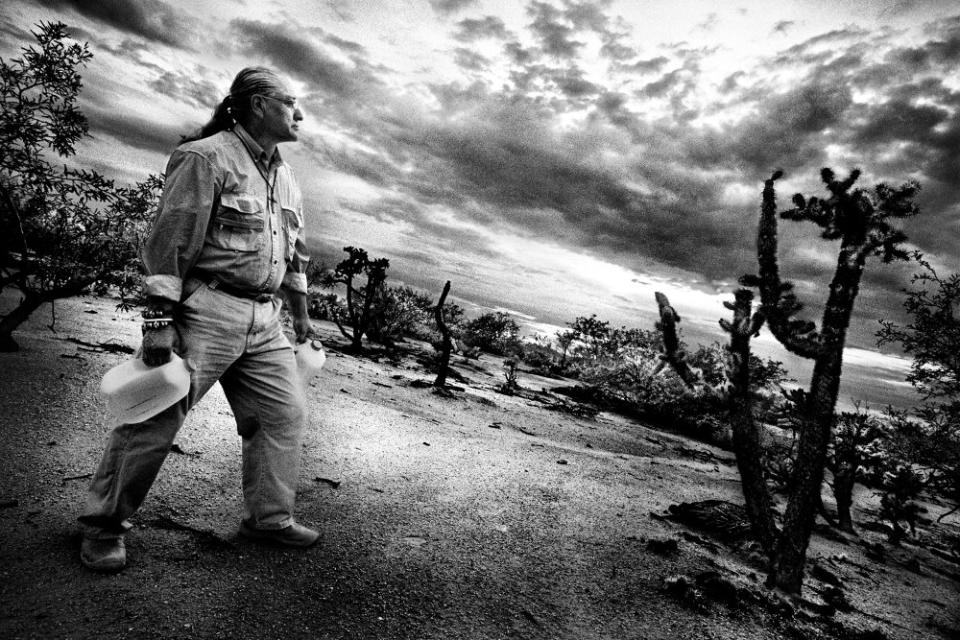
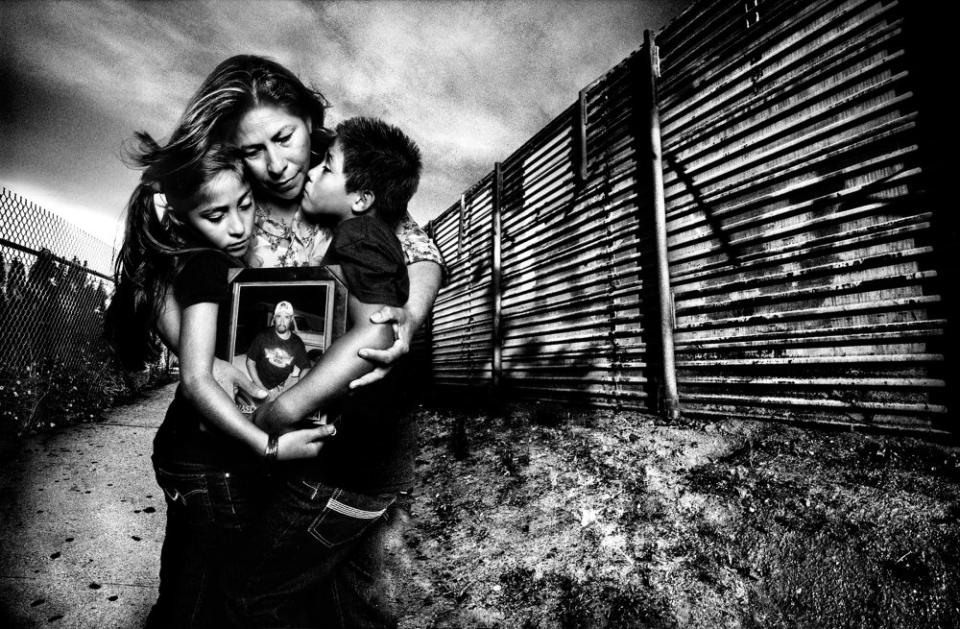
Platon
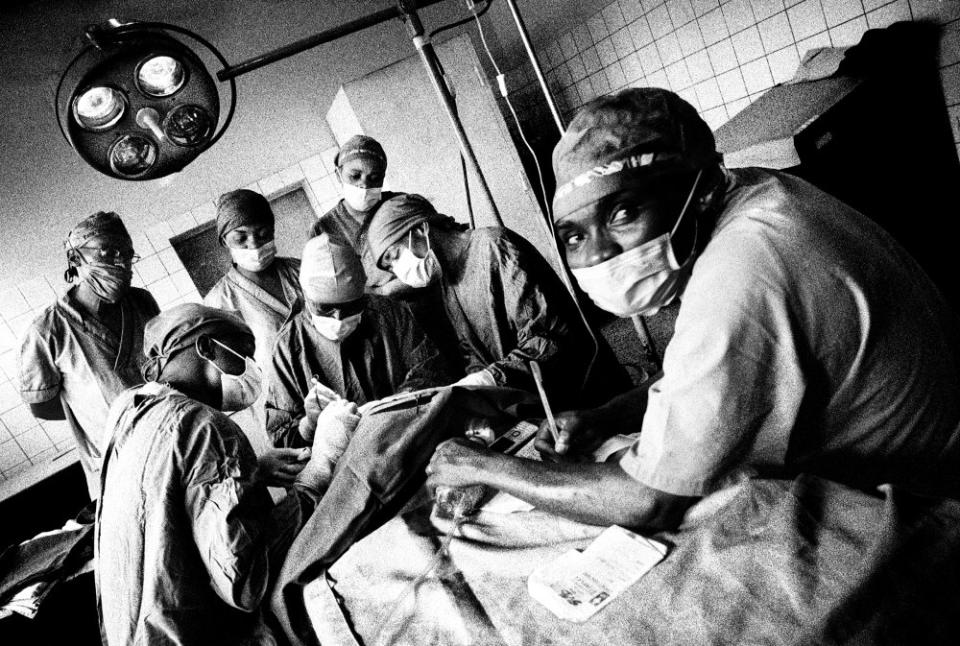
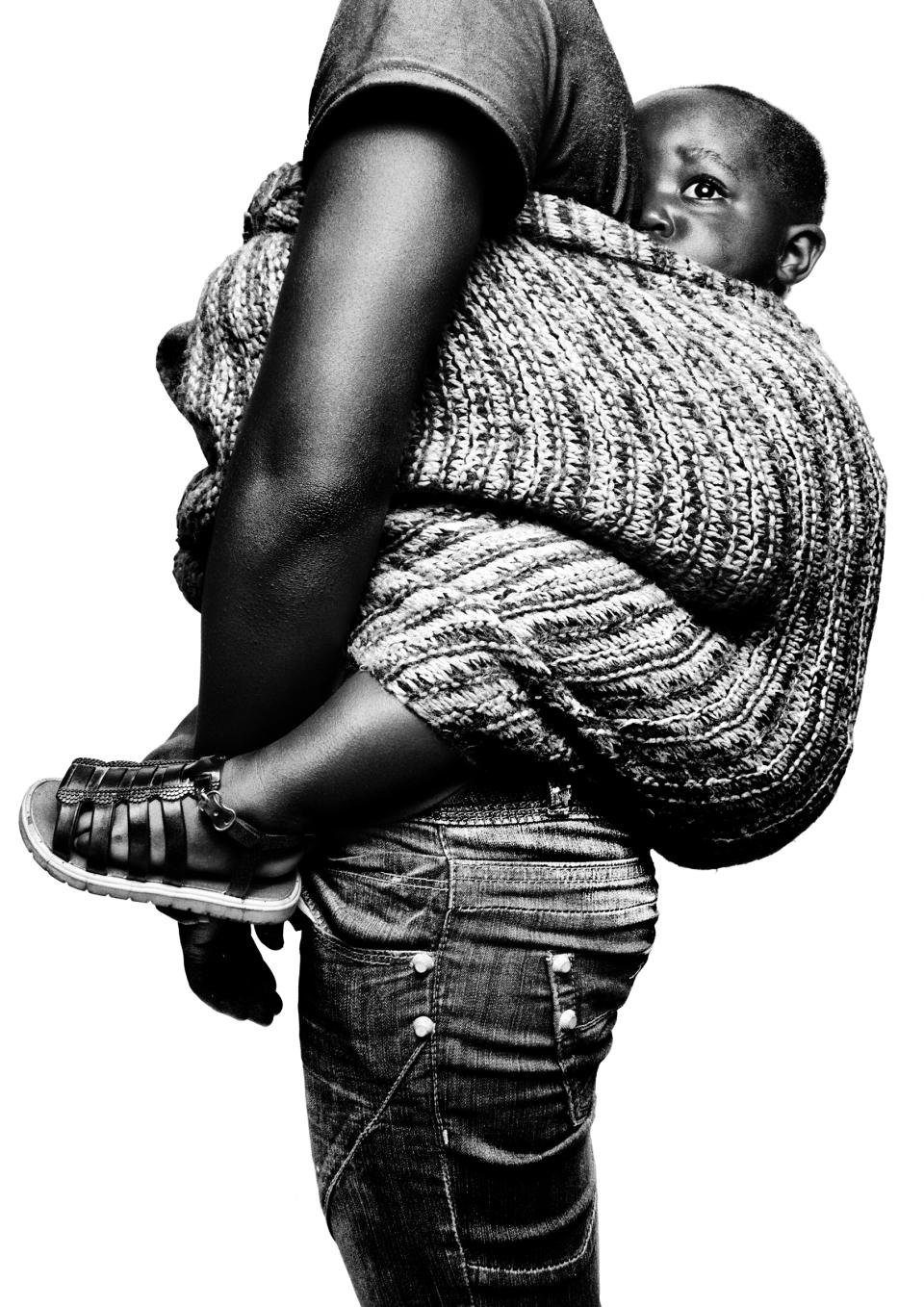
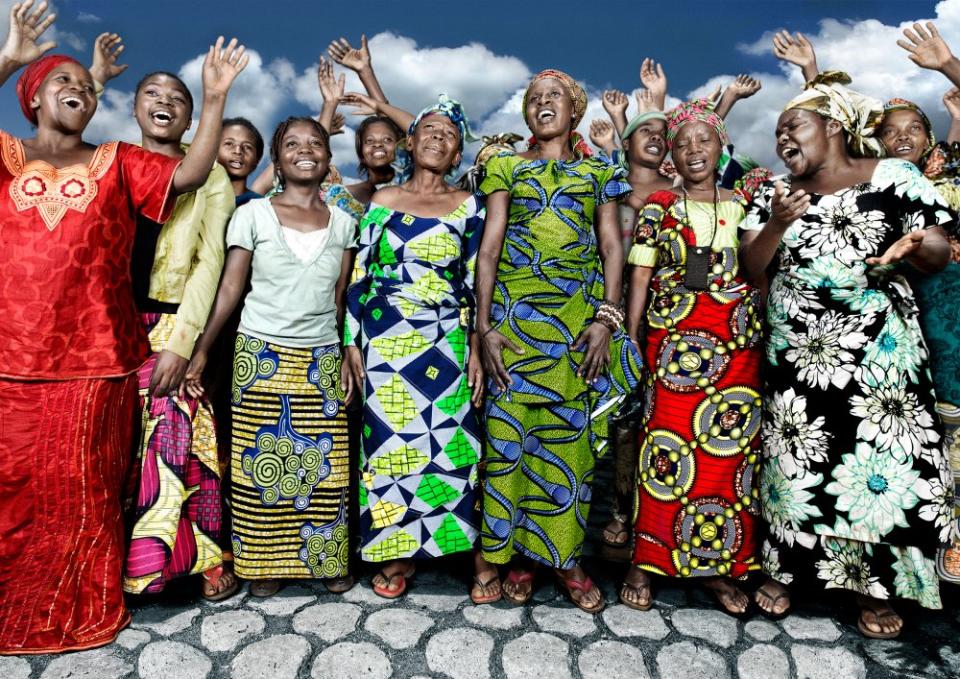
Contact us at letters@time.com.


